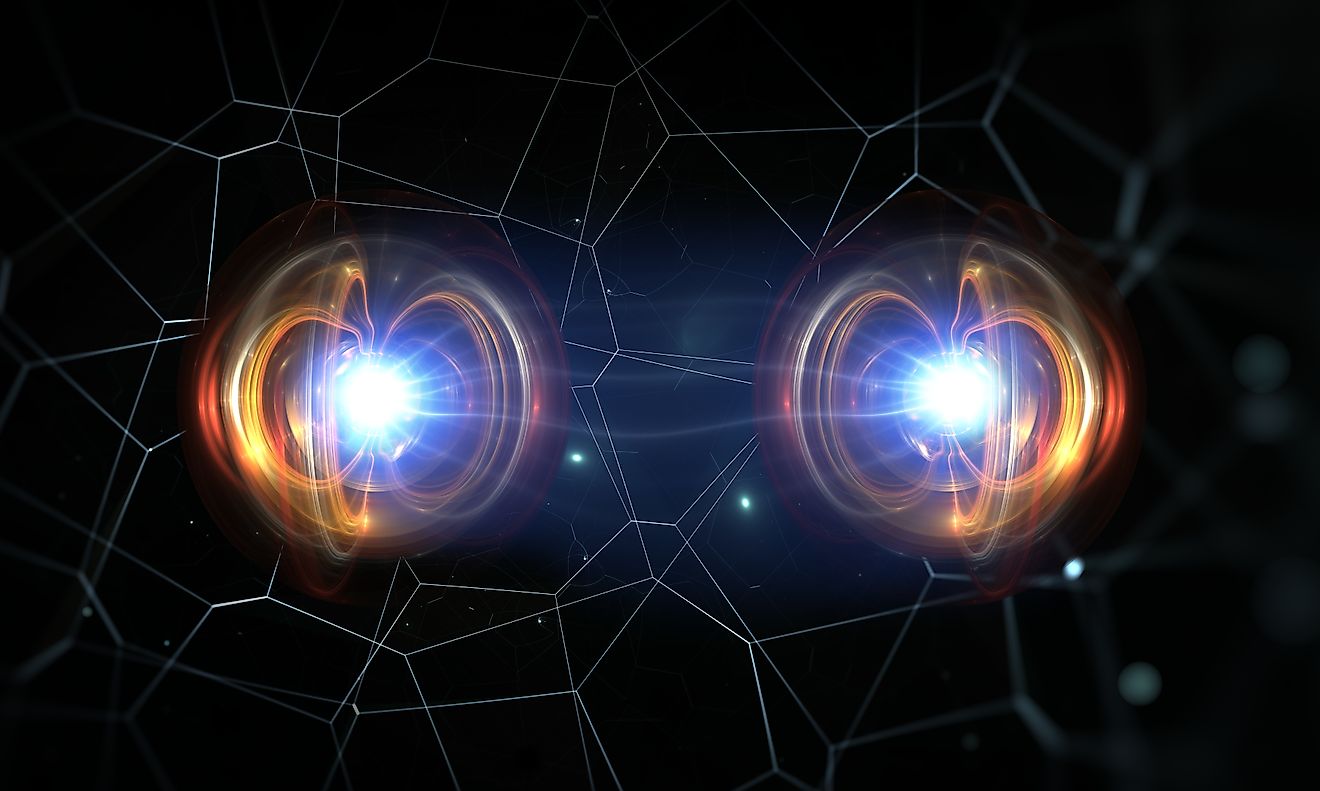
Do Black Holes Disappear?
Nothing in this universe lasts forever. Even stars, planets, and galaxies eventually cease to exist. But do black holes also cease to exist at some point? Stephen Hawking was the first to realize that black holes do not exist forever, and he showed that, over many trillions of years, black holes shrink and disappear from existence.
Hawking Radiation

Stephen Hawking discovered that black holes actually emit a form of radiation called Hawking Radiation. Although we generally think of black holes as cosmic vacuums sucking up everything around them, some things can actually escape the gravitational pull of a black hole. Surrounding every black hole is a boundary of no return called the event horizon. The event horizon is the boundary where the escape velocity of the black hole exceeds the speed of light. Anything that falls beyond the event horizon is lost forever. It is called an event horizon because events that occur within the horizon have no effect on events that occur outside the horizon. Since nothing, including light, can escape the event horizon, how do black holes emit Hawking Radiation?
To understand how Hawking Radiation is produced, it is important to understand a certain aspect about the quantum world. On the tiniest scales, the energy contained within space can produce what are called antiparticle pairs. Basically, two particles of opposite charges can spontaneously pop into existence. Since their charges are opposite, antiparticle pairs will generally collide and cancel each other out, and so their overall charge is equal to zero. This allows antiparticle pairs to spontaneously pop into existence without violating the conservation of mass and energy. When the energy content of space is higher, antiparticle pairs become more frequent.
Near the event horizon of a black hole, antiparticle pairs regularly pop in and out of existence. However, sometimes when an antiparticle pair comes into existence, one of the particles falls into the black hole while the other particle escapes into space. Based on the mathematics of Hawking Radiation, the particle that always falls into the black hole is the negatively charged particle. When the negative particle falls into the black hole, it actually reduces the black hole’s mass by a little bit. Since there are countless antiparticle pairs forming, they all gradually reduce a black hole’s overall mass. The positive particle will escape the gravitational pull of the black hole and escape into space, becoming Hawking Radiation.
How Long Do Black Holes Exist For?

Every black hole emits Hawking Radiation, yet the amount of Hawking Radiation emitted is directly related to the surface area of a black hole. The smaller a black hole is, the more Hawking Radiation it emits. A larger black hole will emit less Hawking Radiation. Thus, larger black holes will exist longer than smaller black holes. In fact, most black holes in the universe emit so little Hawking Radiation that scientists have yet to detect Hawking Radiation in space.
Black holes that are around the mass of the sun have estimated lifespans of 10^67 years. That’s a one followed by 67 zeros, a timescale that is truly impossible for the human mind to grasp. Black holes will exist for so long, that even smaller black holes we can see today will still be around long after the last stars have burned out.











